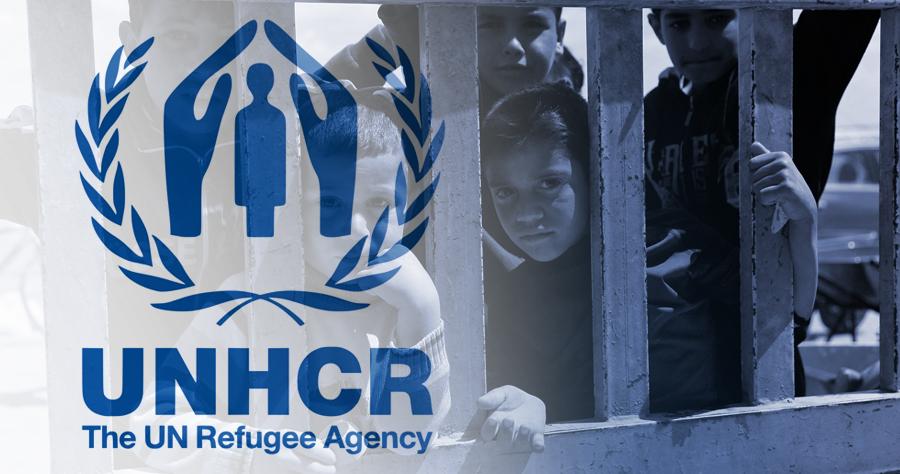United Nations High Commissioner for Refugees (UNHCR)

- 29 Mar 2024
Why is it in the News?
According to the United Nations High Commissioner for Refugees (UNHCR), in 2023, more than 4,500 Rohingya refugees embarked on a perilous journey across the Bay of Bengal and the Andaman Sea.
About the United Nations High Commissioner for Refugees (UNHCR):
- UNHCR, the UN Refugee Agency, is a global organization dedicated to saving lives, protecting rights, and building a better future for people forced to flee their homes because of conflict and persecution.
- It leads international action to protect refugees, forcibly displaced communities, and stateless people.
- Formally known as the Office of the High Commissioner for Refugees, UNHCR was established by the General Assembly of the United Nations in 1950 in the aftermath of the Second World War to help the millions of people who had lost their homes.
- Today, UNHCR operates in 137 countries and provides life-saving assistance, including shelter, food, water, and medical care for people forced to flee conflict and persecution, many of whom have nobody left to turn to.
- UNHCR defends their right to reach safety and helps them find a place to call home so they can rebuild their lives.
- UNHCR also collaborates with countries to improve and monitor refugee and asylum laws and policies, ensuring that human rights are upheld.
- UNHCR considers refugees and those forced to flee as partners, putting those most affected at the center of planning and decision-making.
Who are the Rohingya Refugees?
- Rohingya are an ethnic group, largely comprising Muslims, who predominantly live in the Western Myanmar province of Rakhine.
- They speak a dialect of Bengali, as opposed to the commonly spoken Burmese language.
- Though they have been living in the South East Asian country for generations, Myanmar considers them as persons who migrated to their land during Colonial rule so, it has not granted Rohingyas full citizenship.
- According to the 1982 Burmese citizenship law, a Rohingya (or any ethnic minority) is eligible for citizenship only if he/she provides proof that his/her ancestors have lived in the country before 1823. Otherwise, they are classified as “resident foreigners” or as “associate citizens” (even if one of the parent is a Myanmar citizen).
- Since they are not citizens, they are not entitled to be part of civil service. Their movements are also restricted within the Rakhine state.
